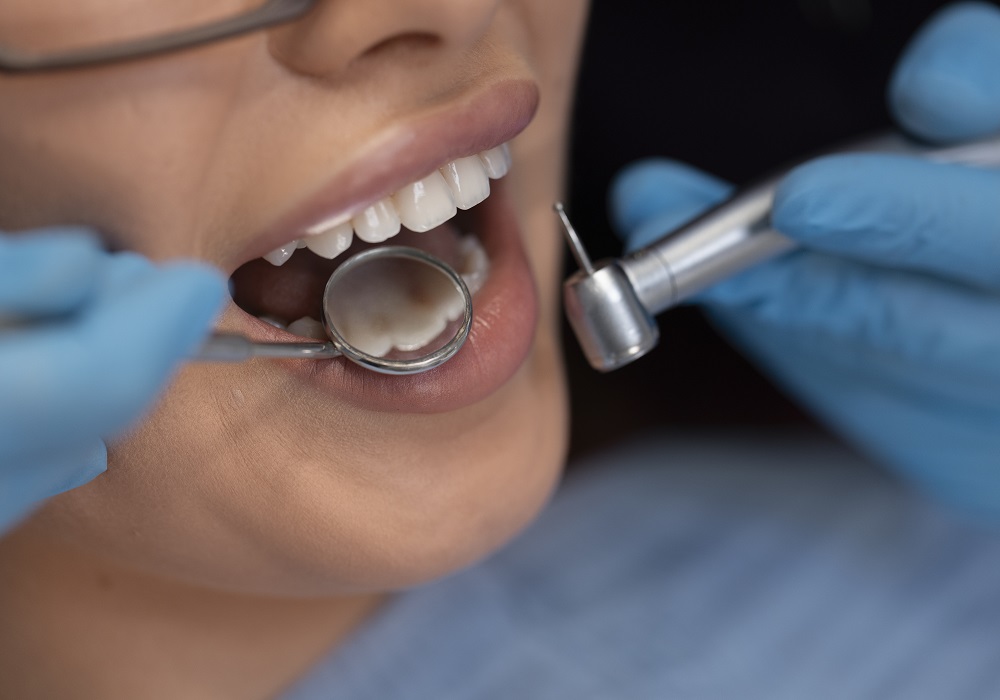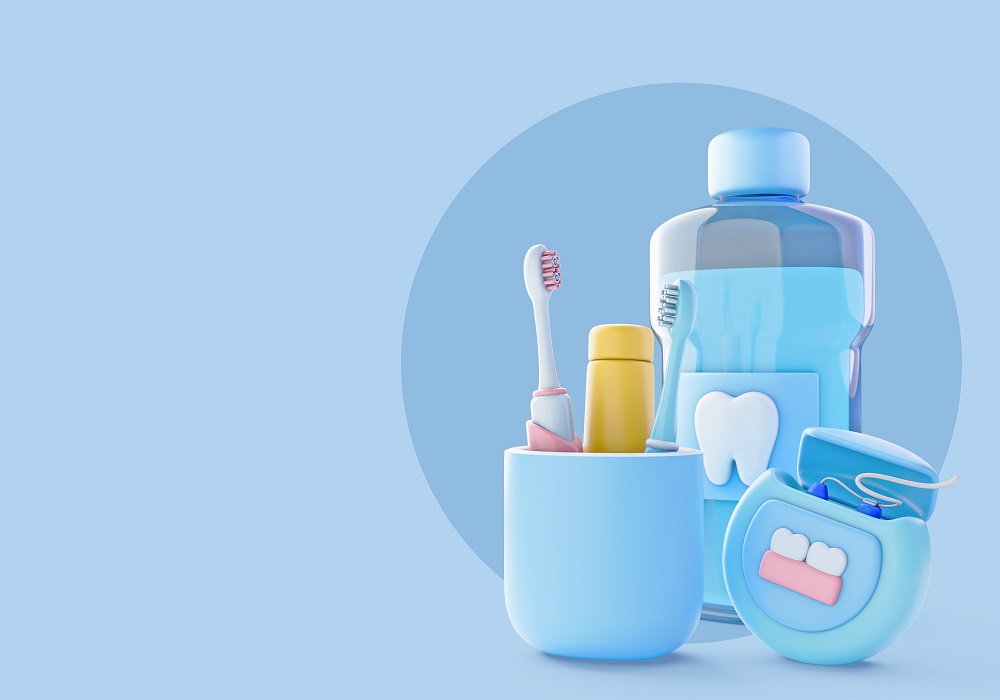Maintaining good dental health is essential for overall health and wellbeing. Nutrition is equally as important as regular brushing and flossing in fostering good oral health. The relationship between nutrition and oral health will be discussed in this blog post, along with advice on how to maintain a balanced diet to support strong teeth and gums.
The Link between Diet and Oral Health
There is a strong link between diet and oral health. What you eat and drink can affect the health of your teeth and gums, as well as the overall health of your mouth
Cavities and tooth decay can be brought on by foods that are heavy in sugar and carbohydrates. This is so that the acid that the bacteria in your mouth produce, which they do by feeding on the carbohydrates in your mouth, won't erode the enamel on your teeth. Acidic foods and beverages like citrus fruits and soda can also erode the enamel of your teeth and cause tooth decay.
On the other hand, a diet full of vitamins, minerals, and nutrients can support the health of your teeth and gums. Strong teeth and bones are mostly reliant on calcium and vitamin D. These nutrients are abundant in dairy products, leafy greens, and fortified cereals, among other foods.
Fruits and vegetables, which are high in fibre, can assist to clean your teeth and increase salivation, which helps to neutralise acid and stop tooth decay. Gum without sugar might increase saliva production and assist in dental cleaning.
A balanced diet and proper dental hygiene practises, such as regular brushing and flossing as well as checkups and cleanings at the dentist, are equally as vital. You may enjoy good oral health and general health for years to come by taking proper care of your teeth and gums.
Tips for a Healthy Diet to Support Oral Health
It's critical to maintain a healthy and balanced diet in order to support good dental health. Here are some dietary recommendations to support strong teeth and gums:
- Limit Sugar and Carbohydrates: Avoid foods that are high in sugar and carbohydrates, such as sweets, soda, bread, and pasta. Instead, go for foods like fruits, vegetables, and whole grains that are high in fibre and low in sugar.
- Choose Foods High in Calcium and Phosphorus: Milk, cheese, yoghurt, and leafy green vegetables are examples of foods high in calcium and phosphorus.
- Include Foods High in Vitamin D: Include vitamin D-rich foods such fatty fish, egg yolks, and fortified meals.
- Consume Vitamin C-Rich Foods: Consume vitamin C-rich foods including citrus fruits, berries, and leafy green vegetables.
- Water is important to consume in large quantities in order to help rinse away food residue and bacteria from the mouth.
A vital part of promoting good dental health is nutrition. A diet heavy in vitamins and minerals can assist to strengthen teeth and gums, whereas a diet high in sugar and carbs can raise the risk of tooth decay and gum disease. You may promote good dental health and preserve a healthy smile by eating a healthy, balanced diet, reducing sugary and starchy foods, and includes foods that are high in calcium, phosphorus, vitamin D, and vitamin C.
FAQ
Oral health can be significantly impacted by habits. Following are some instances of behaviours that may harm your mouth's health:
Poor oral hygiene: Skipping a brushing or flossing session can result in plaque and tartar building up on your teeth, which can lead to gum disease and tooth decay.
Smoking and tobacco usage: Smoking and tobacco use can result in poor breath, gum disease, tooth discolouration , and oral cancer.
Bruxism, also known as teeth grinding and clenching, can result in tooth sensitivity, jaw pain, migraines, and even tooth loss.
Chewing on hard objects, such as ice, pens, or other hard objects, can harm your teeth by chipping, cracking, and other dental problems.
What factors affect oral health?
Oral health can be impacted by numerous causes. Here are a few instances:
Oral hygiene: Brushing and flossing correctly can assist to remove plaque and food particles that can cause gum disease and tooth damage.
Diet: Eating foods and beverages that are heavy in sugar, carbohydrates, and acids can make you more likely to develop tooth decay and enamel erosion.
Use of tobacco: Smoking and other tobacco products can result in gum disease, oral cancer, and other oral health issues.
Genetics: Some persons may be genetically predisposed to specific oral health issues.



 Dental Checkup Services
Dental Checkup Services
 Our range of products
Our range of products
 Oral Care Blogs
Oral Care Blogs

Recent Comments